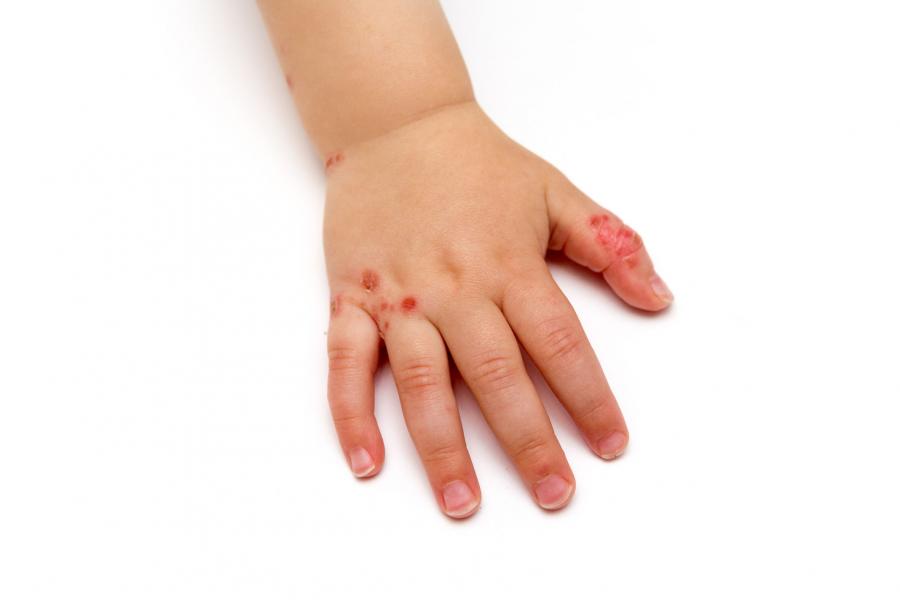Skin
Skin problems are common in childhood. You will want to know about the early signs of a skin infection, what treatment is available and what to do if the skin condition gets worse.

Copyright: majestix77 / 123RF Stock Photo
Low or no data? Visit zero.govt.nz, scroll down the page then click on the KidsHealth logo to return to our site and browse for free.
Skin problems are common in childhood. You will want to know about the early signs of a skin infection, what treatment is available and what to do if the skin condition gets worse.

Copyright: majestix77 / 123RF Stock Photo